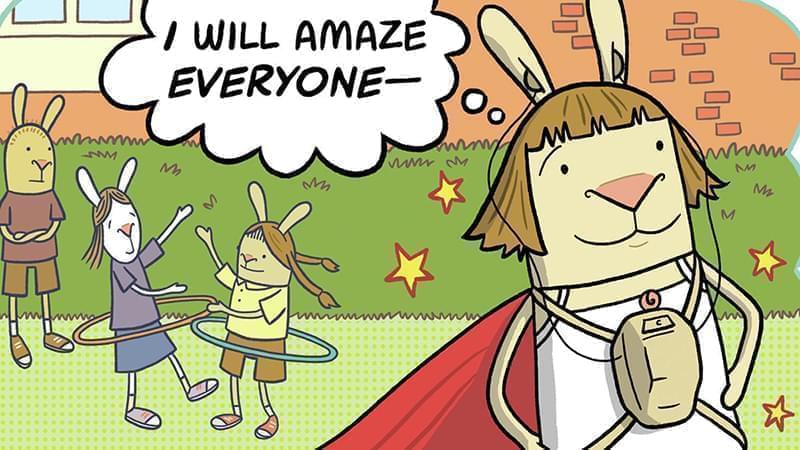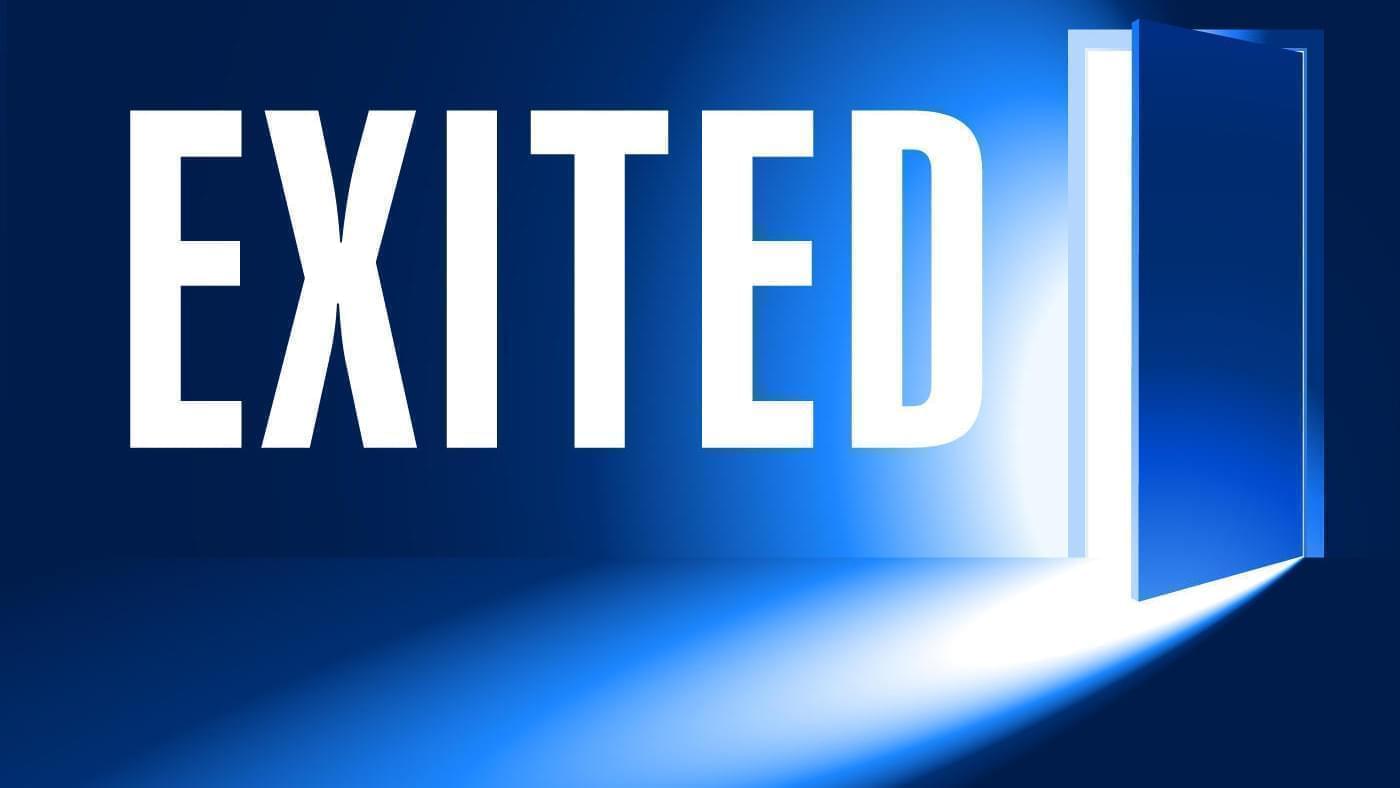Today's Lesson: Ability Status
One identity that is often left out of the social justice conversation—and sometimes within the social justice movements themselves—are those with varying degrees of mental, emotional, and physical abilities. This is known as ableism. Ableism is the discrimination of and social prejudice against people with perceived “disabilities” based on the belief that typical abilities are superior. These conversations can be difficult to start, and often are focused on either talking to very young children, or how to educate ourselves as adults. But social justice learning is a life-long journey, and one that is just as important for those in the in between age categories, AKA adolescents. Below you will find educational resources specifically geared toward school-aged children. Click here to return to the main page.
Learning Levels
Early Childhood Adolescent AdultRead
El Deafo

Going to school and making new friends can be tough. But going to school and making new friends while wearing a bulky hearing aid strapped to your chest? That requires superpowers! El Deafo is a funny and poignant graphic novel memoir by author/illustrator Cece Bell, who chronicles her hearing loss at a young age and her subsequent experiences with the Phonic Ear, a very powerful—and very awkward—hearing aid. You can also learn more about Bell's story in this interview with NPR.
EXTRA CREDIT: Local Champaign-Urbana parents Prince and Mallory Robertson—together with the help of their son—co-authored Jero's Journey: Finding Hope in Autism to help us to see life through the lens of Jeremiah Robertson, who is affectionately known as “Jero.” With its bright, bold, illustrations, this an accessible way to show people how to better communicate with individuals similar to Jero.
Watch
Kids in Crisis
Kids in Crisis: You're Not Alone is a public television program presented by MilwPBS and follows four young people navigating mental health challenges. They’ve endured assault, bullying, incarceration, and discrimination. Some thought about suicide. But through the pain, they found support from family, friends, and strangers. They found the strength within themselves. They’re sharing their stories with the hopes of letting others know they’re not alone and that healing is possible.
EXTRA CREDIT: Spread the Word to End the Word is an educational campaign to increase awareness for the need for respect and inclusion of people with intellectual and developmental disabilities. It promotes using people first accepting language in schools and in the community.
Listen
Exited

When young people finish high school, they need to figure out what to do next. Growing up can be a daunting experience for everyone, but for people with disabilities, it can feel like arriving at a cliff. Exited is a podcast from NPR that explores this moment through the experiences of eight young people and their families. It's about growing up and trying to find a place where you belong — when you've been told your whole life that you're different.
EXTRA CREDIT: How did the University of Illinois help shape the way the nation thinks about disability? Breaking Down Disability Barriers, The Legacy Of Tim Nugent—an WILL Radio documentary produced by Uni High students—looks at the days when disabled students were new on campus and how the university's Beckwith program allowed students with severe disabilities to live on campus.

